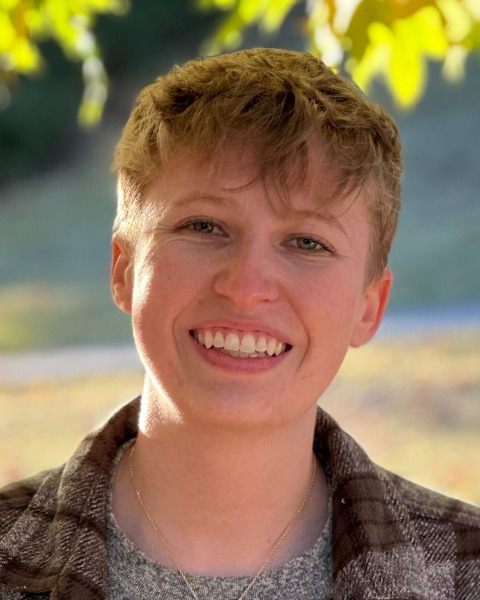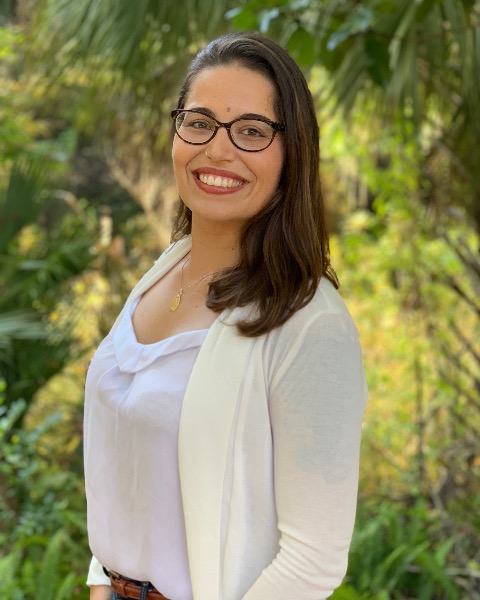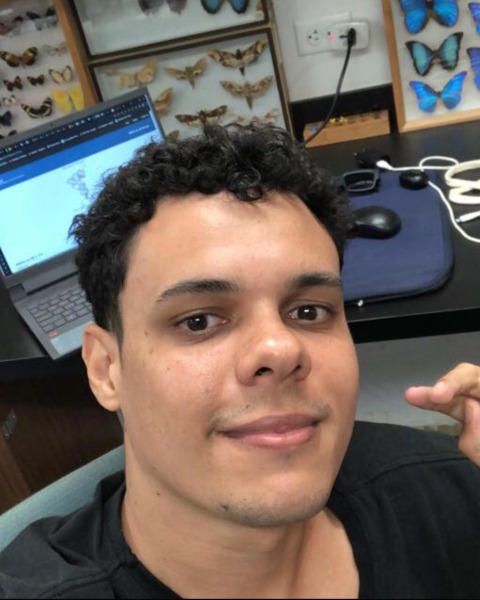Student 10-Minute Presentation
Systematics, Evolution, and Biodiversity
Student
Student Competition
Creating conservation genomics resources for an imperiled butterfly

Taylor Pierson (she/her/hers)
Graduate Student
University of Florida
Gainesville, Florida
Ivone de Bem Oliveira, Ph.D. (she/her/hers)
Postdoctoral Associate
University of Florida
Gainesville, Florida
Leonardo C. J Corvalan, MSc
Visiting researcher
University of Florida
Gainesville, Florida- JD
Jaret C. Daniels, Ph.D.
Professor and Curator
University of Florida
Gainesville, Florida
Presenting Author(s)
Co-Author(s)
Whole-genome sequencing projects are increasingly being used to characterize insect biodiversity. However, sequencing biases, errors, and contamination lead to the misinterpretation of results, potentially causing serious consequences for species conservation. A high-quality, highly complete, and contiguous genome can enable us to better address these issues. In addition, we can identify and characterize variants and genes, allowing for improved conservation genomics and evolutionary analyses. Frosted Elfin, Callophrys irus, is a small, imperiled, non-migratory butterfly facing historic habitat loss and fragmentation. Its range has declined considerably, and it is now predicted to be extirpated in Canada, as well as Georgia, Illinois, and Vermont. In order to inform the species status assessment, our lab has partnered with U.S. Fish and Wildlife Services to uncover the population structure of this species. Here, we present the assembly and partial annotation for the first genome for Frosted Elfin built using PacBio Third-generation sequencing. Our analyses revealed a highly complete sequence that was used for estimating population genetics parameters and building the first mitogenome for this species. We show that this resource is highly applicable for assisting in the conservation of this species. Moreover, we prove that we can build a high-quality genome at a reduced cost, allowing for a cost-effective application of resources for conservation analysis across all orders of insects.

.png)

